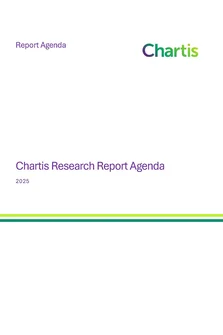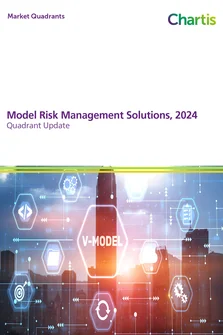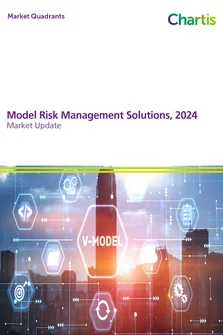This report from Chartis provides an independent evaluation and description of leading practices from FICO as well as summarizing demand-side and supply-side analysis concerning the introduction of IFRS 9.
IFRS 9 is a high impact symbolic, operational, IT and organizational transformation event for Finance and Risk: an arranged marriage that is turning an uncomfortable courtship and good intentions into a successful partnership greater than the sum of its parts. It is one of a few interlinked, unavoidable initiatives in finance, regulation, compliance and risk management that are catalysts to invest in sustainable best practice.
Organizational support for implementing and running IFRS 9 will require change, through greater involvement of different departments that hitherto have not been as directly active in finance activities. These particularly include credit risk management and regulatory reporting.
The marketplace, including large tier 1 financial institutions (FIs), is turning towards the software vendors for solutions. However, this new marriage of Risk and Finance is not reflected in most of the software vendors’ previous experience. There are currently a lot of integrated, multi-vendor solutions rather than “one-stop-shops”.
There are few fully complete software packages that reflect the target state required by 2018. Deliverables are still occurring during 2016 which makes some Proofs of Concepts (PoCs) reliant on vendor credibility and trust but are providing successes for the early deliverers.
Large FIs’ complex structures demand large in-house development, implementation and operations teams as well as extra support from all their external professional advisers. All other FIs can rely on the packaged software marketplace but they require close support from the large audit firms as well as extra consultancy, development and integration resources. Throughout 2016 and 2017 there is going to be a shortfall in suitably qualified experienced support services teams in this market sector which will present considerable implementation risks.
Data to support impairment modeling and calculations is a critical success factor. If not assembled comprehensively, aggregated and normalized rigorously within a formal data management and well-engineered IT architecture then firms’ results will be negatively affected. Many firms, particularly those that have not been through the Internal Rating Based (IRB) experience will have to upgrade their IT architecture or rely on a vendor’s Software as a Service (SaaS) infrastructure.
Flexible modeling approaches are proving critical as implementations progress. Even within one legal entity one size does fit all. Different portfolios and transaction categories of varying granularities require different models and hybrid methodologies. These are often multi-sourced and integrated from in-house, the software vendor and third parties.
Optimization, forecasting and stress testing of IFRS 9 outcomes are increasingly being seen as important. Their impacts can be seen from origination throughout the whole business cycle. More sophisticated institutions are optimizing the interaction of IFRS 9 impairment provisioning, regulatory capital usage and P&L performance.
Model governance and validation are not “nice-to-haves”. Gaps in model governance will be directly correlated to increased provisioning.
Only users who have a paid subscription or are part of a corporate subscription are able to print or copy content.
To access these options, along with all other subscription benefits, please contact info@risk.net or view our subscription options here: http://subscriptions.risk.net/subscribe
You are currently unable to print this content. Please contact info@chartis-research.com to find out more.
You are currently unable to copy this content. Please contact info@chartis-research.com to find out more.
Copyright Infopro Digital Limited. All rights reserved.
As outlined in our terms and conditions, https://www.infopro-digital.com/terms-and-conditions/subscriptions/ (point 2.4), printing is limited to a single copy.
If you would like to purchase additional rights please email info@chartis-research.com
Copyright Infopro Digital Limited. All rights reserved.
You may share this content using our article tools. As outlined in our terms and conditions, https://www.infopro-digital.com/terms-and-conditions/subscriptions/ (clause 2.4), an Authorised User may only make one copy of the materials for their own personal use. You must also comply with the restrictions in clause 2.5.
If you would like to purchase additional rights please email info@chartis-research.com


